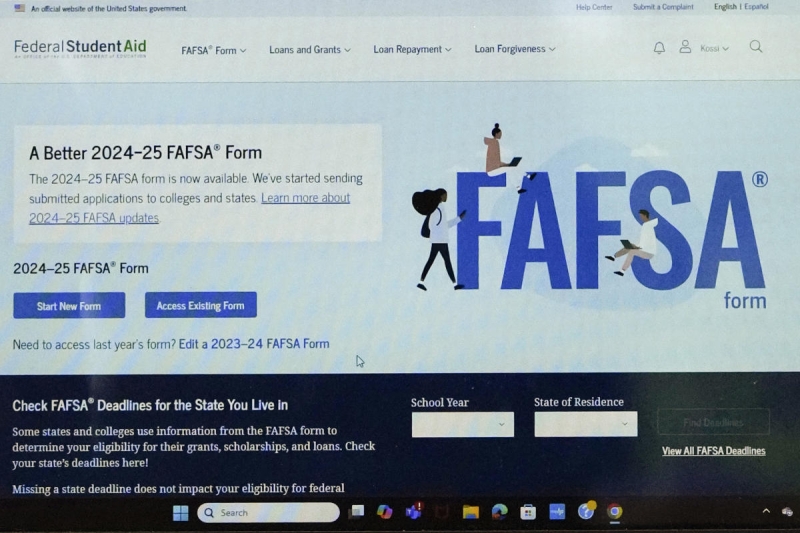
AI Transcripts in Investment Advisory
There has been a boom recently regarding investment advisers’ use of artificial intelligence (“AI”) to transcribe client and internal meetings. Among other applications, AI features such as Zoom AI Companion, Microsoft Copilot, Jump, and Otter.ai (collectively, “AI Meeting Assistants”) can assist with drafting, transcribing, summarizing and prompting action items based on conversation content in the respective application. For instance, Zoom AI Companion and Microsoft Copilot can draft communications, generate transcriptions of conversations, identify points of agreement and disagreement of a discussion and summarize action items.
Overview of SEC Recordkeeping Requirements for AI Transcripts
As of now, there are no specific artificial intelligence regulations pertaining to the use of AI transcripts or the recordkeeping obligations that would follow. However, there are several SEC recordkeeping provisions that may be implicated by use of the AI capabilities offered by the AI Meeting Assistants. Rule 204-2 requires investment advisers to maintain certain records “relating to [their] investment advisory business” including “written communications sent by such investment adviser relating to” such enumerated subjects as: (i) any recommendation made or proposed to be made and any advice given or proposed to be given; (ii) any receipt, disbursement or delivery of funds or securities; (iii) the placing or execution of any order to purchase or sell any security; and (iv) predecessor performance and the performance or rate of return of any or all managed accounts, portfolios, or securities recommendations (subject to certain exceptions).
Every registered investment adviser is required to keep true, accurate and current books and records. The approach at this juncture would be to adopt these AI Meeting Assistant transcripts into the firm’s books and records. Once translated into written form, the SEC could consider the transcripts and summaries to be written communications regarding investment advice. Such transcripts and summaries should be kept in their original form, together with notes (if any) as to any corresponding inaccuracies produced by the AI content. Registered investment advisers are fiduciaries and should not utilize any information in conjunction with providing client services or communications that it does not reasonably believe is accurate. Thus, if the firm was to use the content of AI transcripts and/or summaries in conjunction with client services or communications that was incorrect, the onus would remain on the firm to demonstrate as to how it reasonably relied upon the content. It is inconsequential whether these transcripts and summaries make it into your CRM software or are maintained in the AI Meeting Assistants program. Regardless of whether the content is a meeting summary or list of action items, the transmission would likely constitute a communication for purposes of Rule 204-2 due to implicating an already established recordkeeping requirement.
Implementing Effective AI Strategies in Investment Advisory
- A firm must eliminate or neutralize the effect of conflicts of interest associated with the firm’s use of artificial intelligence in investor interactions that place the firm’s or its associated person’s interest ahead of investors’ interests.
- A firm that has any investor interaction using covered technology (AI) to have written policies and procedures reasonably designed to prevent violations of the proposed rules.
- Adopt AI Meeting Assistant transcripts into books and records.
COPYRIGHT © 2024, STARK & STARK by: Securities Practice Group at Stark and Stark, Thomas Kellerman of Stark & Stark For more on AI, visit the NLR Artificial Intelligence section




